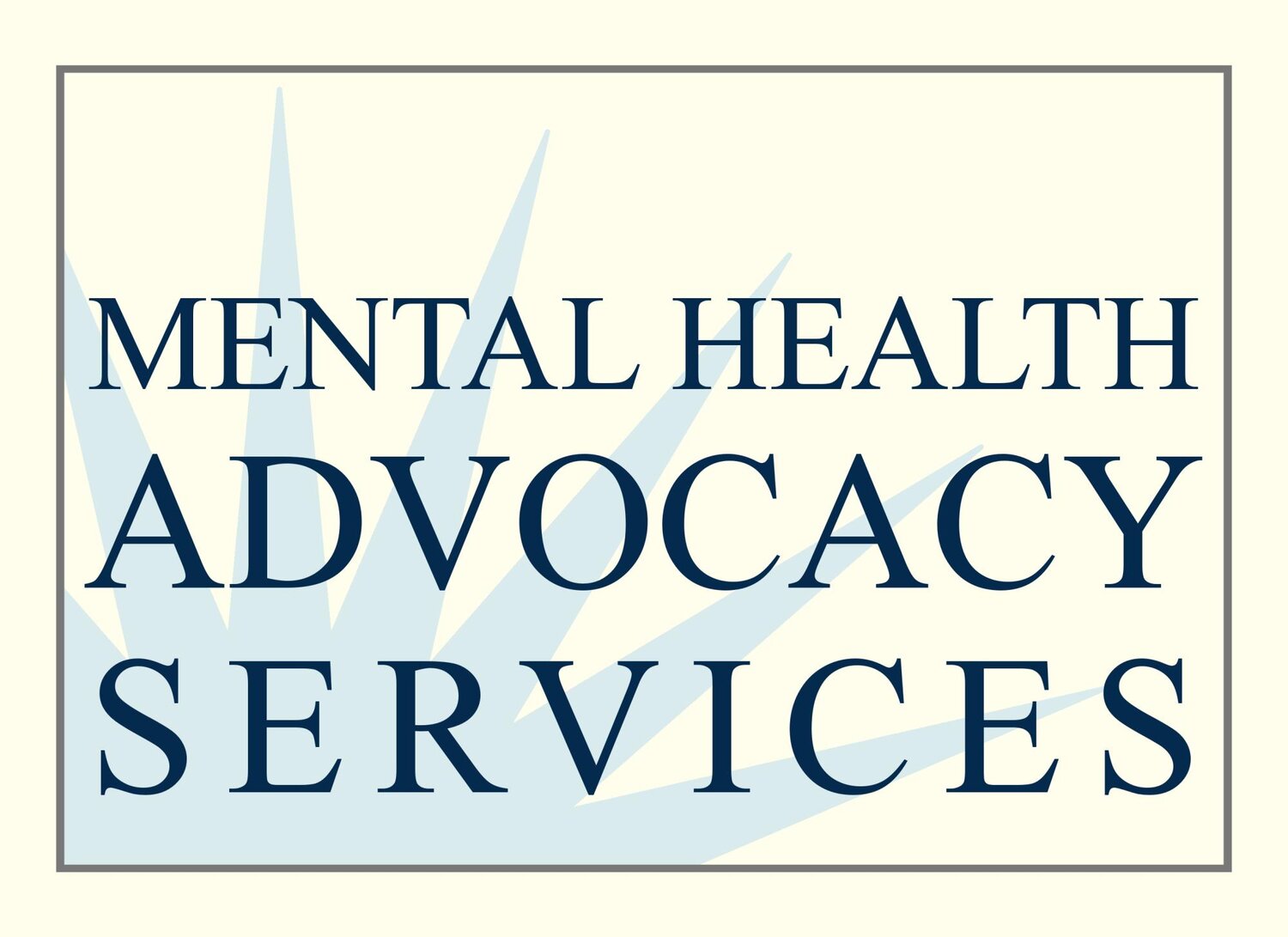Guest Post by Janelle Lawson: It Truly Takes a Village
by Tanya FranklinTanya Franklin is UCLA School of Law’s inaugural Education Law Public Service Fellow at MHAS.
We at Mental Health Advocacy Services are delighted to showcase guest blogs, like last week’s MLP blog by Jon Killoran. Today, we share research, political history and insight from Janelle Lawson, Ph.D. Candidate in the UCLA/CSULA Joint Doctoral Program in Special Education. Her work focuses on the implementation of educationally-related mental health services (ERMHS) for students after the repeal of A.B. 3632.It Truly Takes a VillageIt Takes a Village, the title of Hillary Rodham Clinton’s book on her vision for the children of America, is derived from the African proverb “it takes a village to raise a child.” The proverb captures the sentiment that children are not raised in isolation, an idea formally expressed by Urie Bronfenbrenner in his well-known ecological systems theory. Researchers like Bronfenbrenner recognize what many parents already know, that children are not mere products of their immediate families. Children attend school each day, they become part of churches, they participate in extra-curricular activities, and they spend time with peers in their neighborhoods and communities. A child’s development occurs within a variety of contexts, and when parents need support for their children, they often look to resources and networks that extend beyond the immediate family.For families of children with disabilities, accessing resources from schools, community organizations, and local agencies is necessary to fully support a child throughout his or her development. Pooling resources and collaborating among providers is one of the most effective ways to ensure that families receive the information and assistance they need. For children with disabilities who require mental health support, it is of paramount importance that licensed clinicians and qualified school personnel work effectively with children and their families. In California, Assembly Bill (AB) 3632 mandated interagency collaboration between school districts and county mental health agencies in the provision of mental health services to students with disabilities. In 2011, funding for this bill was cut, and AB 3632 was eventually repealed. Now, schools districts are solely responsible for providing all educationally related mental health services to students with disabilities who require them.What does this mean now for our school districts and the children who receive support through their special education programs? Research indicates, just as the African proverb suggests, that it takes a village to raise a child, not just a school alone. Schools are responsible for providing services, but they also depend on the expertise of licensed clinicians and the resources available through mental health agencies. The question now is, how will school districts coordinate their efforts and collaborate with mental health professionals in the provision of mental health services? My research aims to answer that question and, ultimately, determine if California’s legislative changes have impacted the quality and availability of mental health services for our students with disabilities.We thank you for your contribution, Janelle, and look forward to your continued analysis of how schools service our students with mental health needs.
